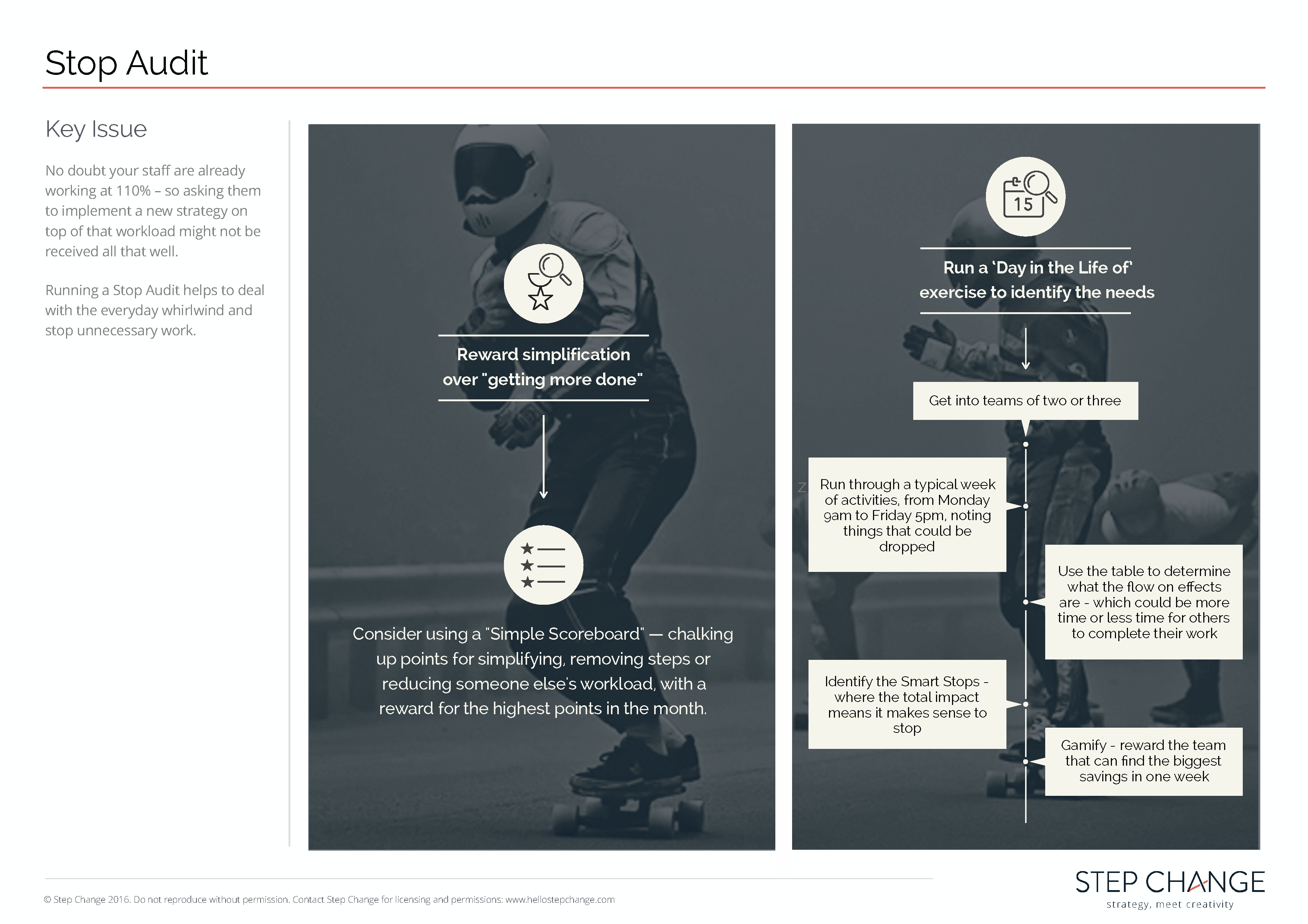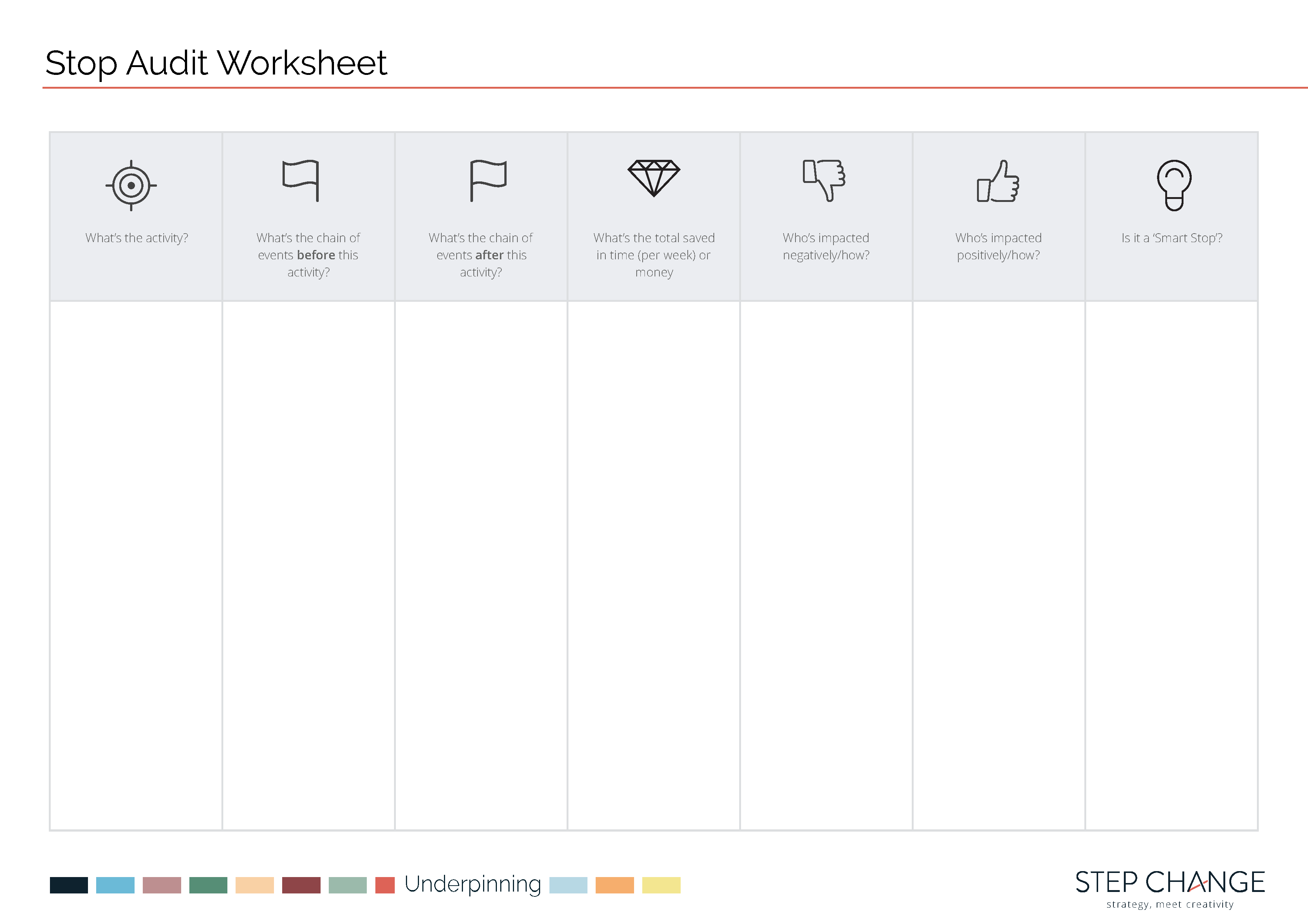We all want to prove to everyone that we’re capable, that we’re eager to learn new things, and that we can be trusted. You may have found yourself saying yes to all the tasks that come your way. Those days were tough, but they got you to where you are today.
Perhaps you’re now managing people and projects, or you’re running your own company. By now, you may have learned that you can’t just approve every project proposal or say yes to every dinner invitation. Everything you do needs to be aligned with growing your career or your business, improving your life outside the four walls of work, with improving your relationships.
Your yes is so valuable, you have to learn to protect it at all costs. How? Let’s talk about the art of saying no.
Insight: Saying no to some things in order to say yes to greater things is the key to doing your best work yet.
Data: About $1 million are wasted every 20 seconds by organisations around the world thanks to poor project management. (Business Wire)
Key Action Point: Protect your dollars, time, and focus by doing a Stop Audit.
Watch: Let Step Change CEO Ashton Bishop show you how to level up and protect your business with a Stop Audit.
The Art of Saying No
In the words of inventor Steve Jobs, “I'm as proud of what we don't do as I am of what we do.”
He used to ask Apple’s design chief, Jony Ive, this question every day: “How many times did you say no today?” It was Jobs’ ability to decide when to say no that made him a successful person.
Here’s why saying no is so important:
- Increased focus and efficiency — By saying no to projects or pitches that don't align with the company's goals, you can allocate your resources more effectively and focus on high-priority initiatives.
- Improved profitability — By focusing on projects with higher returns and growth potential, you can optimise their resource allocation and increase your chances of financial success.
- Enhanced customer satisfaction — By choosing projects or pitches that align with customer needs and preferences, businesses can deliver products or services that better satisfy their target market.
- Risk mitigation — Carefully evaluating and declining projects that pose significant risks or do not align with the business's risk appetite can help mitigate potential losses and protect the company's reputation.
Not all opportunities are created equal. You will find that some are worth saying yes to — they advance your business and your career growth. But saying yes all the time can do more harm than good.
Related: Invest with Confidence: 6 Questions to Unlock Business Opportunities
How to Say No the Right Way
Say no to some things in order to say yes to greater things — this is the key to doing your best work yet. But the way you say no is equally important as why you say it. How do you refuse a project or an invitation without burning bridges or hurting the other person?
Sure, being upfront, firm but compassionate, and supportive in your communication helps. But first, you need a good reason to say no. With a clear reason, you can communicate why the stop is necessary without the extra fuss.
Doing a Stop Audit helps you gain clarity on whether or not you have good reason to pursue or drop the project. Here’s how to do it:

Step 1. Get into teams of two or three.
Step 2. Run through a typical week of activities — from Monday 9 AM to Friday 5 PM. Take special attention to things that could be dropped.
Step 3. Use the table below to determine the flow of effects of taking on or dropping certain types of work.

Step 4. Identify Smart Stops. It’s considered a Smart Stop when the total impact means that it will make the most sense for you to stop. Some great questions to ask when determining a Smart Stop are:
- Does it align with my priorities? If a project or an event doesn’t fit in your long-term or short-term priorities, you might as well turn down the invitation. What’s the point of doing it if it doesn’t serve your business’s purpose?
- Does it align with my values? When you are offered a partnership or a project, check your company values or the personal values you uphold. If it doesn’t promote your values, then it’s not worth saying yes to.
- Am I the right person to work on it? Check if you’re the right person for the task. Perhaps the person who approached you didn’t know that the right person to go to for this project is in another department.
- Do I have everything I need to get started? There’s no point starting a project or a task if you don’t have all the necessary information in order to deal with it.
With this simple scoreboard, you get to set your focus on simplification over unnecessary busy work. This helps you remove steps or reduce the workload to free up focus and resources. Gamifying the Stop Audit also keeps teams engaged as they benefit from the process.
Doing a Stop Audit allows your business to assess capacity, capability, and commitment. By the end of the process, everyone is clear on the reasons why the stop is necessary and the next steps that should be focused on instead.
Tying It Together
Time is a luxury that leaders don’t have in abundance.So know what’s important for you and your business, manage and focus on your priorities, and say no to the rest.
Saying no to an opportunity means you will miss out on that opportunity. And that’s okay. Remember, when you are declining a request, you are actually saying yes to something that holds more weight and value.
As Steve Jobs once said, “Focus is about saying no. And the result of that focus is gonna be some really great products where the total is much greater than the sum of the parts”.
Protect your time, dollars, and focus by using our Stop Audit Framework today.





